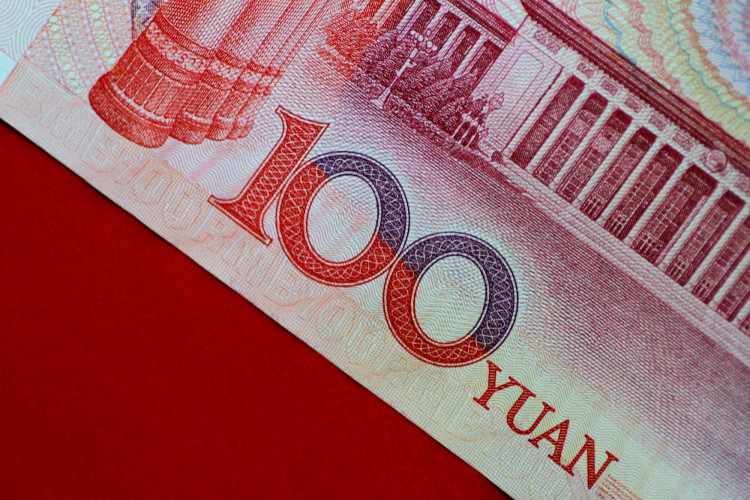Italian authorities have uncovered a sophisticated tax evasion scheme involving 85 suspects and a staggering 1.7 billion euros (approximately $1.9 billion). The Guardia di Finanza (GdF) police in Ancona, a coastal city in Italy, led this major operation, seizing assets worth 350 million euros, including luxury cars, real estate, and cash. Additionally, 1,569 bank accounts were blocked, and 140 companies believed to have issued false invoices were sequestered.
The fraud centered around the use of over 100 shell companies in the northern region of Lombardy and involved a complex network of transfers to accounts in China, Italy, and other European Union countries. These transactions corresponded to the payment for sales of products that never actually existed. The investigation revealed a parallel underground banking system run by unlicensed Chinese money brokers, with 64 out of the 85 suspects identified as Chinese nationals.
The modus operandi of the suspects was intricate. The Guardia di Finanza stated that fictitious 'paper' companies would issue false invoices and instruct customers into which Italian bank account to make payments. Once the payment was received, the bogus company would transfer the equivalent amount to a Chinese bank account, falsely justifying it as payment for imports of nonexistent products. The original sum, minus a commission, was then returned in cash by couriers to the customer who made the initial payment.
This sophisticated scheme allowed for the transfer and laundering of billions of euros, evading taxes and masking the actual flow of money. The GdF's statement emphasized that the use of an "underground bank" network was a key component in enabling such large-scale laundering.
The scope of the fraud was substantial, with property worth about 370 million euros being seized in the operation. The investigation uncovered 'data processing centers' that assisted the alleged suspects in evading taxes and laundering money through these transfers. These sums were then covertly returned in cash to the suspects by couriers, completing the cycle of the fraudulent activities.
Italian police have been focusing on the emergence of such unlicensed Chinese banking systems, with several investigations over the past year leading to the assumption of a broader range of services offered by these Chinese-linked organizations. These services included concealing cross-border payments for drug cartels and facilitating tax evasion on a large scale.
This case is a notable example of international cooperation in tackling complex financial crimes that span borders and involve multiple jurisdictions. It underscores the challenges faced by law enforcement agencies in dealing with sophisticated, organized financial crimes that exploit the global financial system.
As Italy and other countries grapple with the economic impacts of such large-scale frauds, this operation serves as a reminder of the importance of vigilance and collaboration among international law enforcement agencies. The dismantling of this Italo-Chinese fraud scheme not only signifies a significant victory for Italian authorities but also highlights the ongoing global fight against financial crime and tax evasion.






